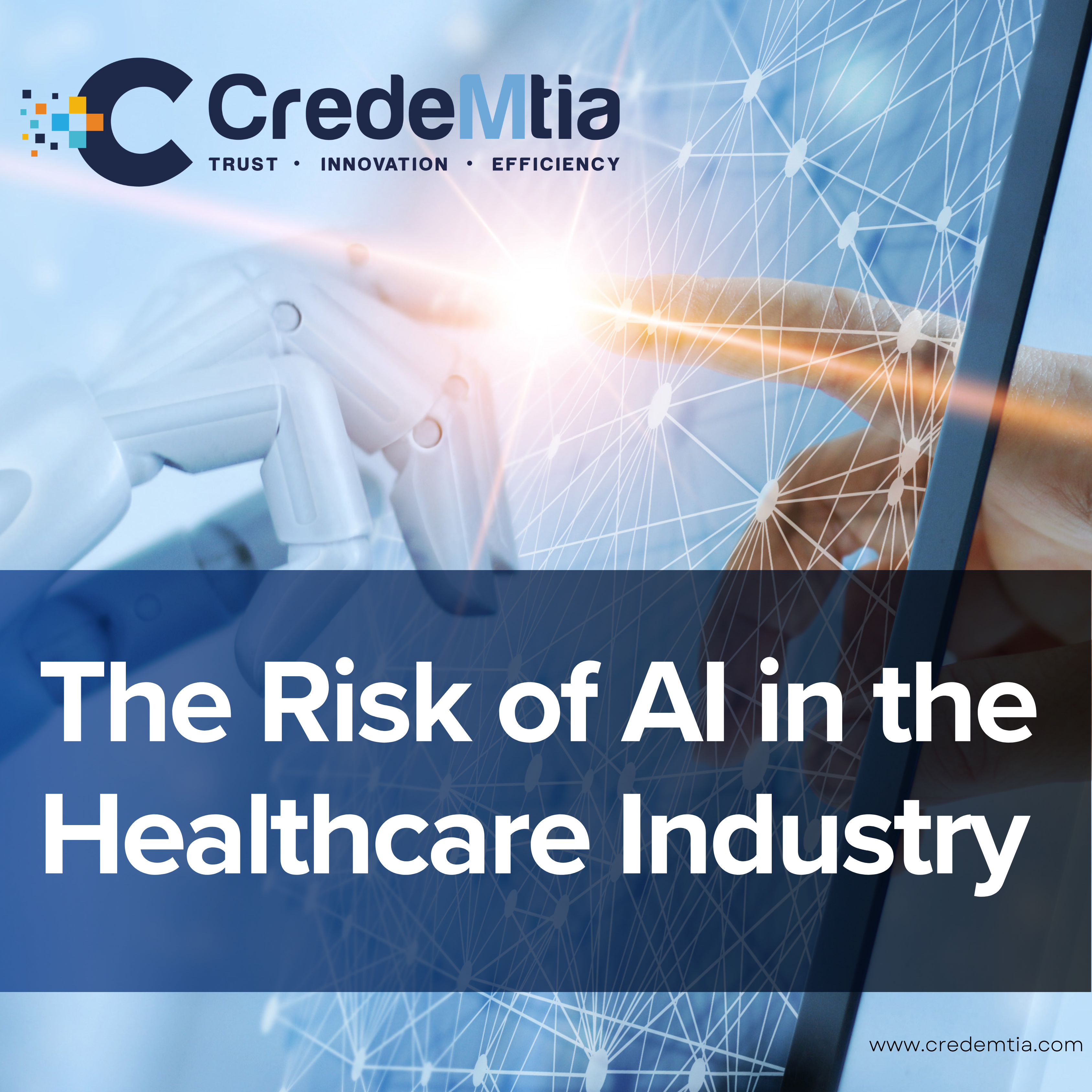Risk of AI in the Healthcare Industry
Artificial intelligence (AI) has brought significant advancements and benefits to the health industry. However, there are several risks associated with its use. Here are some of the risks of AI in the health industry:
1. Privacy and Security Concerns: The collection and analysis of vast amounts of patient data for AI applications raise concerns about data privacy and security. If not properly protected, patient data can be vulnerable to breaches, leading to serious consequences such as identity theft and unauthorized access to sensitive health information.
2. Biased Decision-Making: AI algorithms rely on training data to make predictions and decisions. If these datasets contain biases or incomplete information, AI systems may produce biased results. This can lead to unfair treatment or disparities in healthcare delivery, especially impacting marginalized communities.
3. Lack of Accountability and Transparency: AI models can be complex, making it difficult for healthcare professionals to understand the reasoning behind AI-generated results. This lack of transparency can hinder trust and accountability in the decision-making process, making it challenging to identify and correct potential errors or biases.
4. Misinterpretation of Data: AI systems heavily rely on accurate and reliable data. If the data used for AI training is flawed, corrupted, or incomplete, there is a risk that the AI algorithms will produce inaccurate or misleading results. This may impact clinical diagnoses, treatment decisions, and patient outcomes.
5. Legal and Ethical Concerns: As AI becomes more intertwined with healthcare, legal and ethical issues arise. Questions regarding liability for AI-generated errors, accountability for outcomes, and adherence to ethical principles such as consent and patient autonomy need to be addressed to ensure the responsible use of AI in healthcare.
6. Dependency on Technology: Relying too heavily on AI systems without proper validation and human oversight may lead to a loss of critical thinking and clinical judgment skills among healthcare professionals. Over-reliance on AI can reduce the capacity for independent decision-making and negatively impact the overall quality of patient care.
To mitigate these risks, it is essential to establish robust regulations, guidelines, and ethical frameworks for the development, deployment, and continuous monitoring of AI technologies in the health industry.
Additionally, involving multidisciplinary teams, including healthcare professionals, ethicists, and data scientists, can help address these risks and ensure responsible implementation of AI in healthcare settings.
Author: Salvador F. Rovira Rodríguez
